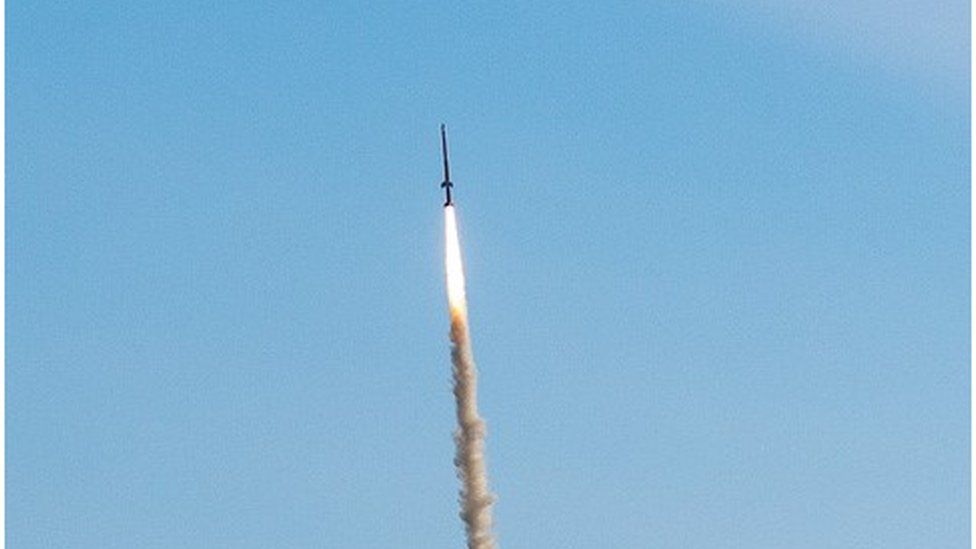ARTICLE AD BOX
 Image source, Swedish Space Corporation
Image source, Swedish Space Corporation
The research rocket was part of experiments being conducted by Sweden in zero gravity
By Kathryn Armstrong
BBC News
Sweden has got into hot water with Norway after one of its research rockets malfunctioned and landed in its neighbour's territory.
The rocket was launched at 07:20 local time (05:20 GMT) on Monday from the Esrange Space Center, before plunging into a Norwegian mountain range.
The Swedish Space Corporation (SSC), which owns and runs the centre, has apologised and is investigating.
But Norway has criticised Sweden for failing to formally notify them.
According to the SSC, the rocket reached an altitude of 250km (155 miles) and made it into zero gravity, where they have been conducting experiments.
It then landed 40km northwest of the planned landing site, in the Malselv municipality in Norway's far north - roughly 10km from the closest inhabited area.
Nobody was injured and no material damage has been reported.
The scientific instrument onboard the rocket, known as the payload, has since been recovered in "good condition" and returned to Esrange by helicopter, according to the SSC.
"This is a deviation that we take seriously," said Marko Kohberg from the Esrange Space Center.
"It is still too early to speculate about the cause, and we await more information from the current investigation."
The SCC has said that Norwegian and Swedish authorities were contacted shortly after the incident "according to routine".
But Norway's foreign ministry has said that it was not properly informed about either the rocket's landing or the recovery of its payload, and that it takes any unauthorised activity within its borders seriously.
"When such a border violation occurs, it is crucial that those responsible immediately inform the relevant Norwegian authorities through the proper channels," it said.
The rocket, known as Texus-58, is part of a European program commissioned by the European Space Agency.

 1 year ago
17
1 year ago
17








 English (US)
English (US)